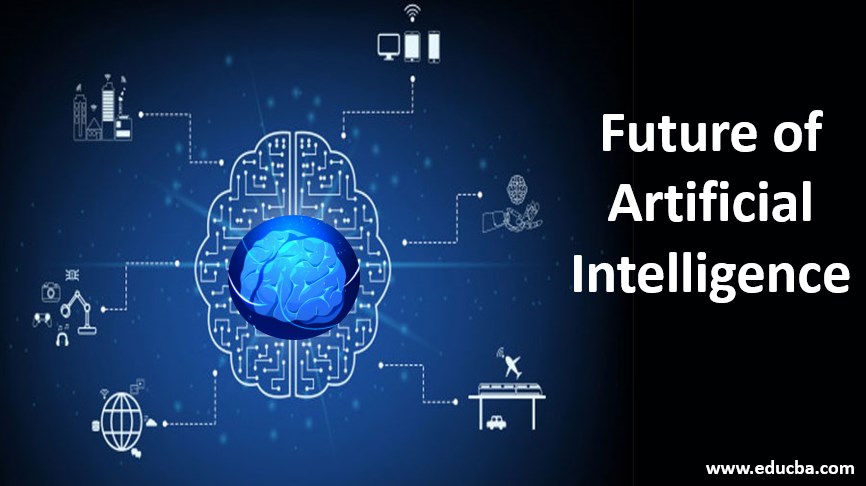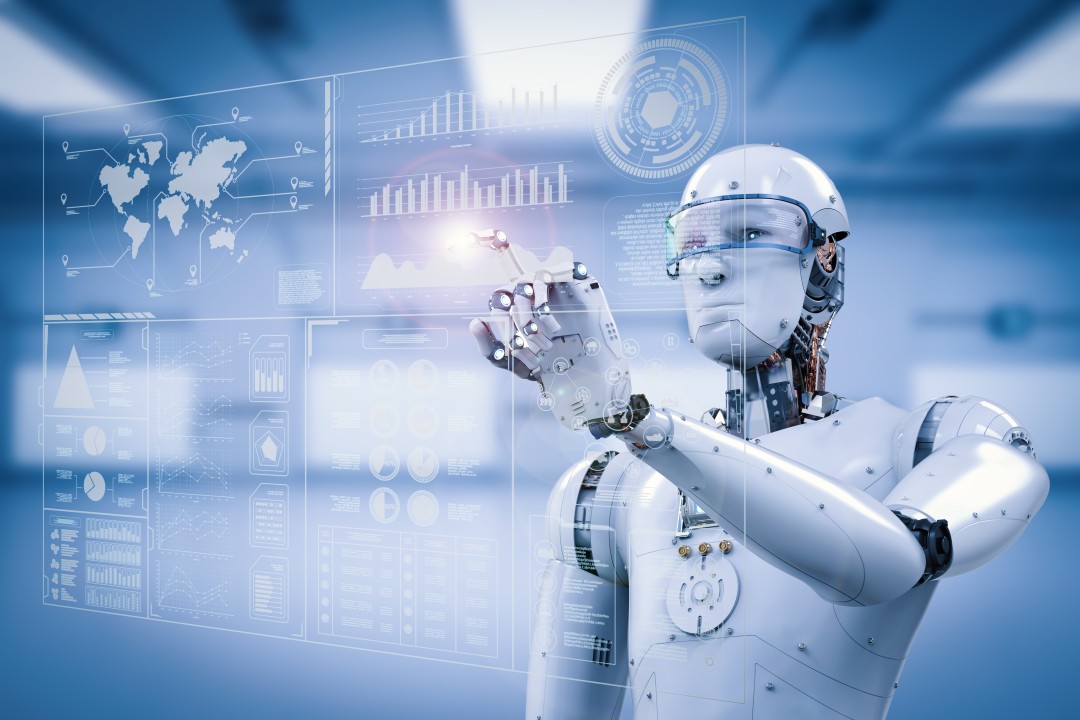The Evolution of Artificial Intelligence: Past, Present, and Future
Artificial Intelligence (AI) has emerged as a transformative force, reshaping the way we live, work, and interact with the world. In this article, we will explore the origins of artificial intelligence, reflect on its current state, and speculate about its future implications. The Birth of Artificial Intelligence: The roots of AI can be traced back to ancient myths and stories of automatons, but the formal birth of the field occurred in the mid-20th century. In 1956, a group of researchers at the Dartmouth Conference coined the term "artificial intelligence" and laid the groundwork for the development of intelligent machines. %20Is%20Used%20In%20Biometrics.jpg)
1. Early Years and Symbolic AI
In the initial decades, AI research focused on symbolic AI, which involved the use of rules and logic to represent knowledge. However, progress was slow due to the complexity of human cognition.
2. AI Winter
The field experienced setbacks in the 1970s and 1980s, known as "AI winters," marked by funding cuts and a decline in public interest due to unmet expectations. Despite these challenges, researchers continued to make incremental advancements.
The Present State of AI
1. Machine Learning Dominance
Recent years have seen a paradigm shift towards machine learning, a subfield of AI that enables systems to learn patterns and make decisions without explicit programming. Deep learning, a subset of machine learning, has particularly driven breakthroughs in image and speech recognition.
2. Practical Applications
AI is now embedded in our daily lives, from virtual assistants on our smartphones to recommendation algorithms on streaming platforms. Industries leverage AI for automation, predictive analytics, and enhancing user experiences.
3. Ethical Considerations
As AI technologies advance, ethical considerations surrounding bias, privacy, and accountability have gained prominence. Addressing these concerns is crucial for the responsible development and deployment of AI systems.
The Future of Artificial Intelligence
1. Advancements in General AI: The quest for achieving general artificial intelligence, where machines possess human-like cognitive abilities across diverse tasks, remains a long-term goal. Researchers are exploring approaches beyond narrow AI to achieve broader adaptability.
2. Human-AI Collaboration
The future will likely witness increased collaboration between humans and AI, with machines complementing human skills rather than replacing them. This synergy could lead to advancements in healthcare, research, and problem-solving.
3. Continued Ethical Framework Development
As AI becomes more integrated into society, the development of robust ethical frameworks and regulations will be imperative. Ensuring fairness, transparency, and accountability will be essential for building public trust.
Conclusion:
The evolution of artificial intelligence from its conceptual beginnings to its present state is marked by resilience, innovation, and transformative impacts. While we celebrate the achievements of AI, it's essential to approach its future with a thoughtful consideration of ethical, societal, and economic implications. As AI continues to shape our world, responsible development and ethical deployment will be key in harnessing its potential for the benefit of humanity.
























































